2013: Beautiful Souls 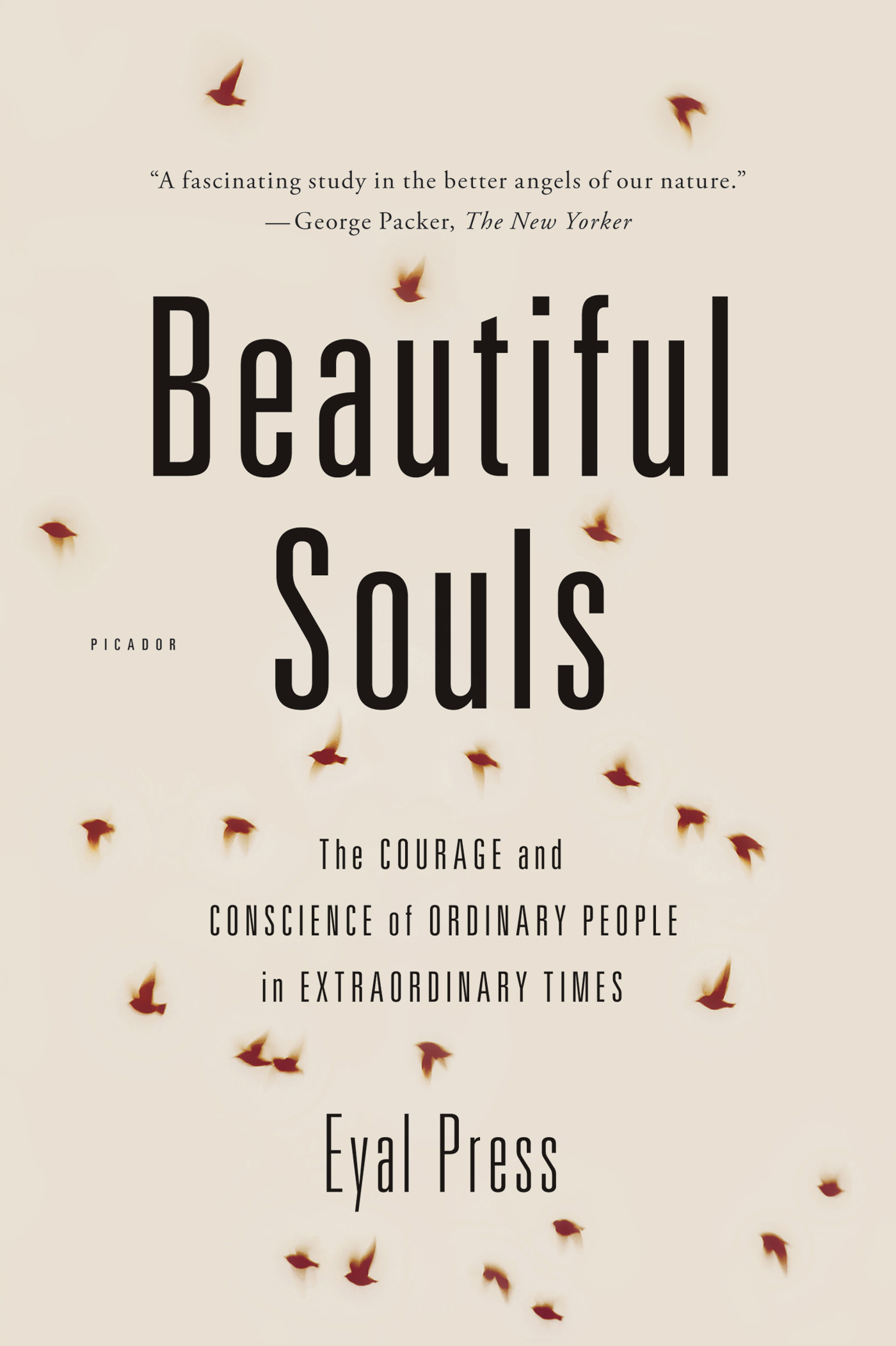
Last year, incoming first-year and transfer students read Beautiful Souls by Eyal Press as part of the year’s First Readings program. Beautiful Souls shows that the boldest acts of dissent are often carried out not only by radicals seeking to overthrow the system but also by true believers who cling with unusual fierceness to their convictions. Drawing on groundbreaking research by moral psychologists and neuroscientists, this deeply reported work of narrative journalism examines the choices and dilemmas we all face when our principles collide with our duties and loyalties. The book focuses on four different individuals and what led them to make the decisions they made.
2012: Sons of Providence 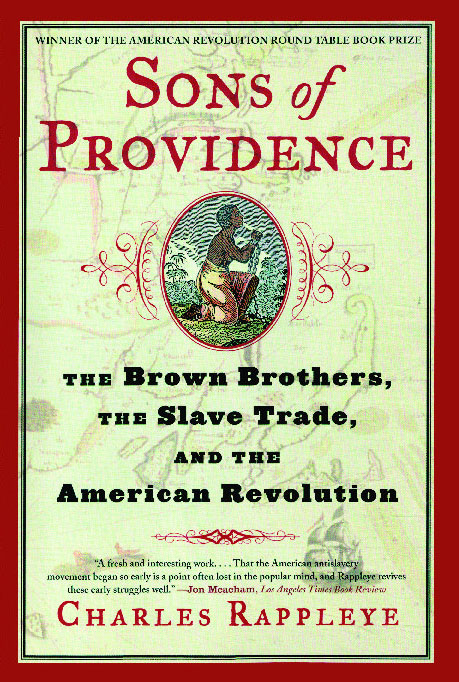
Incoming first-year and transfer students, in 2012, read Sons of Providence by Charles Rappleye as part of the year’s First Readings program. Sons of Providence is the biography of John and Moses Brown, two brothers caught at opposite ends of the slavery debate in the early beginnings of colonial America. The story spans a century, from John’s birth in 1736, through the Revolution, to Moses’ death in 1836. The brothers were partners in business, politics, and the founding of Brown University.
2011: Factory Girls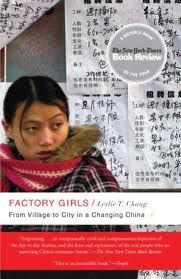
In 2011, incoming students explored Factory Girls: From Village to City in a Changing China by Leslie T. Chang. This book is told primarily through the lives of two young women, whom Chang follows over the course of three years as they attempt to rise from the assembly lines of Dongguan, an industrial city in China’s Pearl River Delta. A book of global significance that provides new insight into China, Factory Girls demonstrates how the mass movement from rural villages to cities is remaking individual lives and transforming Chinese society, much as immigration to America’s shores remade our own country a century ago.
2010: The Dew Breaker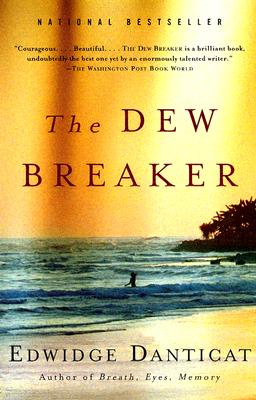
The First Readings selection for 2010 was The Dew Breaker by Edwidge Danticat. This work of fiction explores the life of a “dew breaker”—a torturer—a man whose brutal past in Haiti lies hidden beneath his the new life he found in America. The Dew Breaker is the winner of The Story Prize, a PEN/Faulkner Award Finalist, and a Washington Post Book World Notable Book.The San Francisco Chronicle, Chicago Tribune, and Detroit Free Press honored it as Best Book of the Year, and it was a finalist for the National Book Critics Circle Award for Fiction.
2009: The Beak of the Finch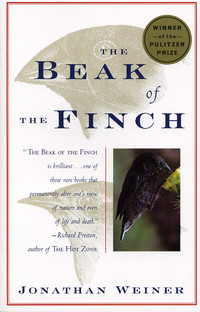
The text for 2009’s First Readings was The Beak of the Finch by Pulitzer prize-winner Jonathan Weiner. The book relates the story of Peter and Rosemary Grant, biologists who spent more than two decades on the Galapagos Islands, studying a dozen species of finches. These are the same finches that Charles Darwin discovered on the islands in 1831, and whose physical traits — especially the size and shape of their beaks — influenced his first ideas about evolution and natural selection. The Grants’ research extends Darwin’s thinking to a new century, and tells us a great deal about the power of close observation, the pursuit of knowledge, and the always surprising evolution of ideas.
2008: The Places in Between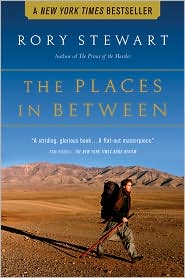
In 2008, incoming students read Rory Stewart’s The Places in Between, which relates the author’s journeys through Asia between September 2000 and March 2002. Stewart’s original plan was to walk a more or less direct route from Iran to Nepal, but he changed course when the Taliban barred his entry into Afghanistan. Restarting his journey in Pakistan, he reached eastern Nepal in December 2001, where he learned that the Taliban had fallen. He then decided to retrace his steps, covering the ground he had missed in his first walk. His journey through Afghanistan—”the place,” as he put it, “in between the deserts and the Himalayas, between Persian, Hellenic, and Hindu culture, between Islam and Buddhism, between mystical and militant Islam”—turned out to be the most compelling walk of all.
2007: How Proust Can Change Your Life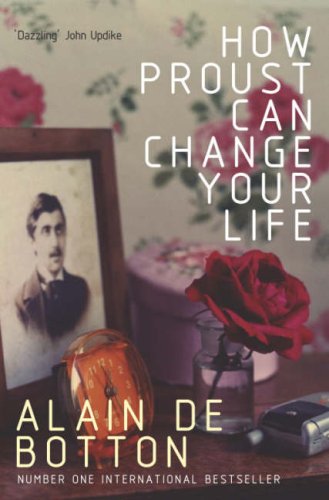
The text chosen for First Readings’ inaugural year was Alain de Botton’s How Proust Can Change Your Life. Marcel Proust was a Parisian writer who lived at the turn of the twentieth century. His literary reputation emerged from a single work that took a lifetime to finish—A La Recherche de Temps Perdu, which translates as “in search of lost (or wasted) time.” De Botton’s book is not about Proust per se, but rather uses Proust’s observations to provide modern readers with a “How to…” guide to life. Readers of de Botton’s book learn—among other things—how to love, how to take their time, and how to suffer successfully, all while getting a fascinating glimpse into Proust’s character and life.

